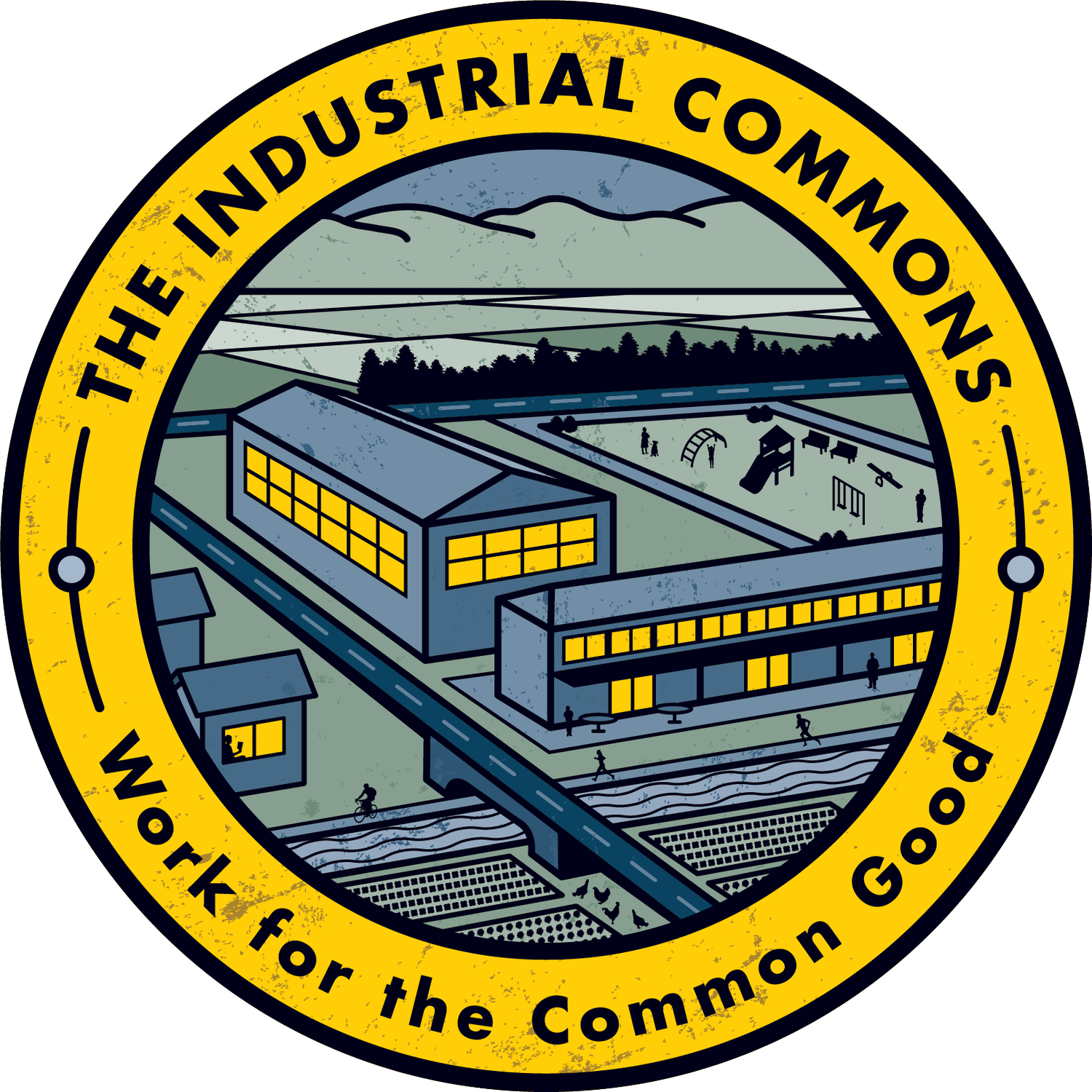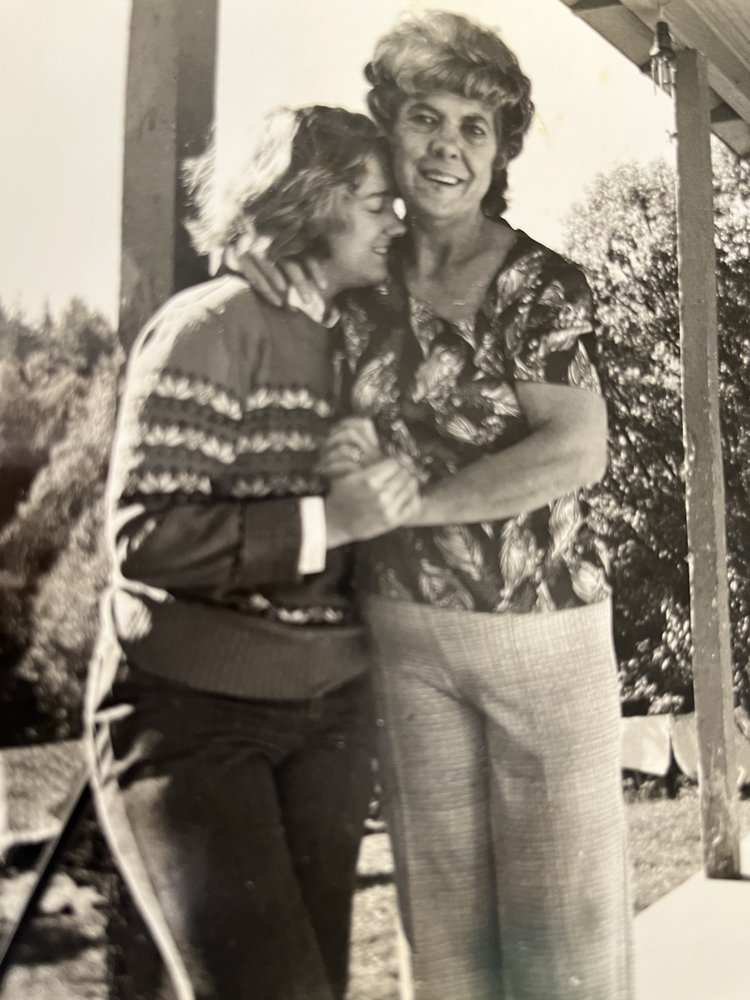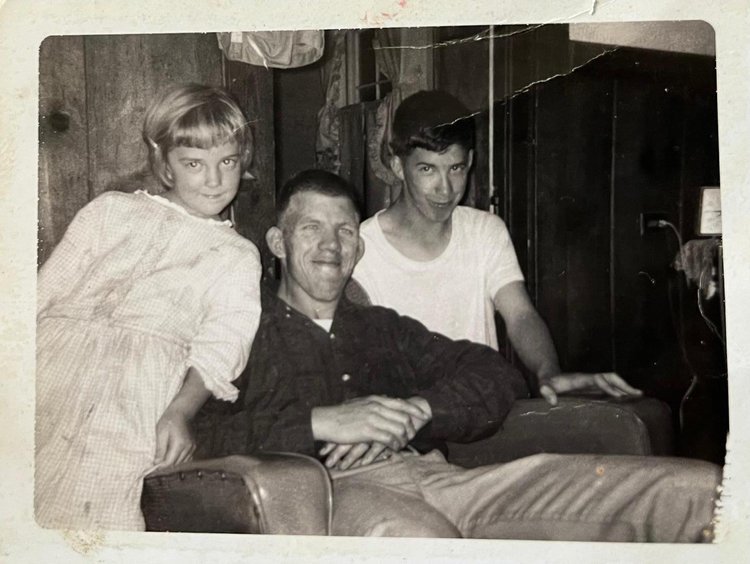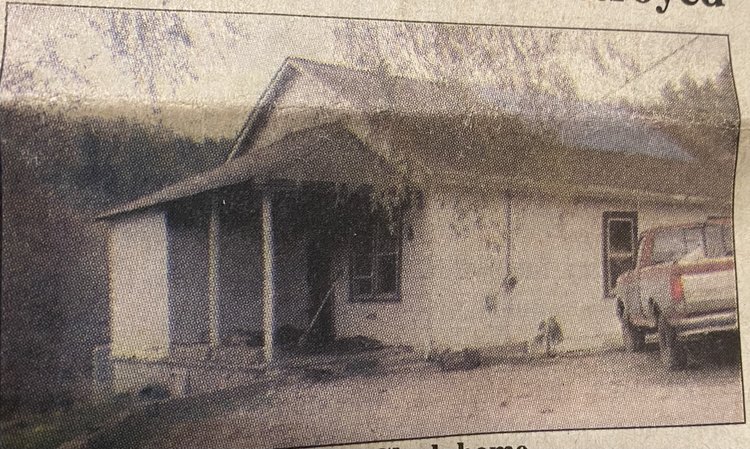European American Experience in Burke County
Overview
The history of European settlement in Burke County, NC is foundational to the formation of the United States. The first recorded attempt to colonize the North American interior occurred in 1567 when a Spanish expedition led by Juan Pardo built Fort San Juan on what had been Joara, a regional chiefdom of Catawba tribes who were members of the South Appalachian Mississippian culture. Members of Pardo’s expedition inhabited Fort San Juan for about 18 months before it was razed by Natives and all Spanish soldiers were killed but one, thus terminating the first attempted European settlement in North America.
Europeans were hesitant to face the harsh conditions of the area again until the 1700’s when Scots-Irish, French, and German farmers started to occupy Indigenous lands under French and British colonization efforts. With the eventual success of the British colonies and the addition of growing numbers of European settlers to the local ecosystem, Indigenous people fell victim to unfamiliar diseases, food shortages, and eventually to governmental displacement and removal.
As Europeans rose to dominance and forged a new country, North Carolina became 12th of the original 13 United States of America (1789) and Burke County was officially established (1877). As of July, 2021, U. S. Census Quick Facts indicate that 86.1% of Burke County’s population identify as White alone, with 81.4% of that group further identifying as White alone non-Hispanic.
European American Culture | As seen Through…Debra Rose
I grew up in Rose Hollar , which is part of the Jonas Ridge community of Burke County. My mom’s family - the Roses - has been there since the 1770's. My family never thought of ourselves as Southerners. We were mountain folk - independent, self reliant and often distrustful of outsiders. When I was growing up, everyone on Jonas Ridge was white. So far as I can remember, everyone was also either a Baptist or Methodist and almost everyone voted Republican (In 2022, the demographic is much the same there). My family was very poor. We lived in a small two bedroom house on a dirt road just off the Blue Ridge Parkway. We did not have an indoor bathroom until I was in high school. We didn't own a car and we didn't have a telephone or a television until I was in elementary school.
I was raised by my mom and her older sister, Elsie. Elsie’s husband died when she was in her 30's, leaving her with five children all under the age of 12. My mom had four children, and all of us had a different father. Because of this and the way our house looked, I spent a lot of my childhood feeling ashamed. There were some in the community who saw us as “white trash.” But my mom and Elsie were strong, resilient, resourceful and hard working women who fed and clothed nine children during a time before President Johnson’s War on Poverty established programs to help poor folks in Appalachia. They also took care of their mom at home until her death at age 102. My mom worked some summers as a maid for wealthy families in Linville and did most of the cooking and cleaning. Elsie picked galax and worked at a nearby plant nursery. She walked the 2.5 miles to and from work each day.
I went to school in Avery County, where almost all students, faculty and staff were white. Avery County High School enrolled about 1000 students when I was there. Five were Black. I do not know if they experienced racism, but I find it hard to imagine that they did not. Race was never discussed in our family, but my mom taught me that we were all God's children. Period. She treated everyone with kindness and respect - whether they were alcoholics, drug addicts or in trouble with the law (our family had its share of all those issues). I think that because she had experienced harsh judgments from people in our community for having children without being married, she tried not to judge others and taught me to do the same.
In 2000, when my brother Daniel told our family that he had always identified as a woman and began making the transition to live fully as one, my mom’s response was true to her beliefs. “You are my child,” she told Danielle, “and I love you.” No one in our family ever said anything unkind directly to me about Danielle, but I know that many disagreed vehemently with her decision. Many with strong Christian beliefs thought she would certainly go to hell for her actions. Some did not want her in their homes. I supported her decision with all my heart and helped in any way I could. She was one of the kindest, gentlest, most loving people I have ever known. Most of all she was courageous. My heart was broken when she passed away in 2017 with cancer.
Deb Rose retired from Western Piedmont Community College after almost 30 years of service as an instructor of Public Speaking, Intro to Communication, Interpersonal Communication and Intercultural Communication. She taught Writing, Research and Composition, and American and British Literature. She served on numerous committees, including as Chair of a SACS re- accreditation committee, as an advisor for the College's Phi Theta Kappa Honor Society and as Co-Chair for the College's Service Learning program. Deb continues to mentor youth in her community.
Debra with her mom.
Debra with her siblings.
The Rose Hollar home Debra grew up in.
Debra with her Aunt Elsie.




